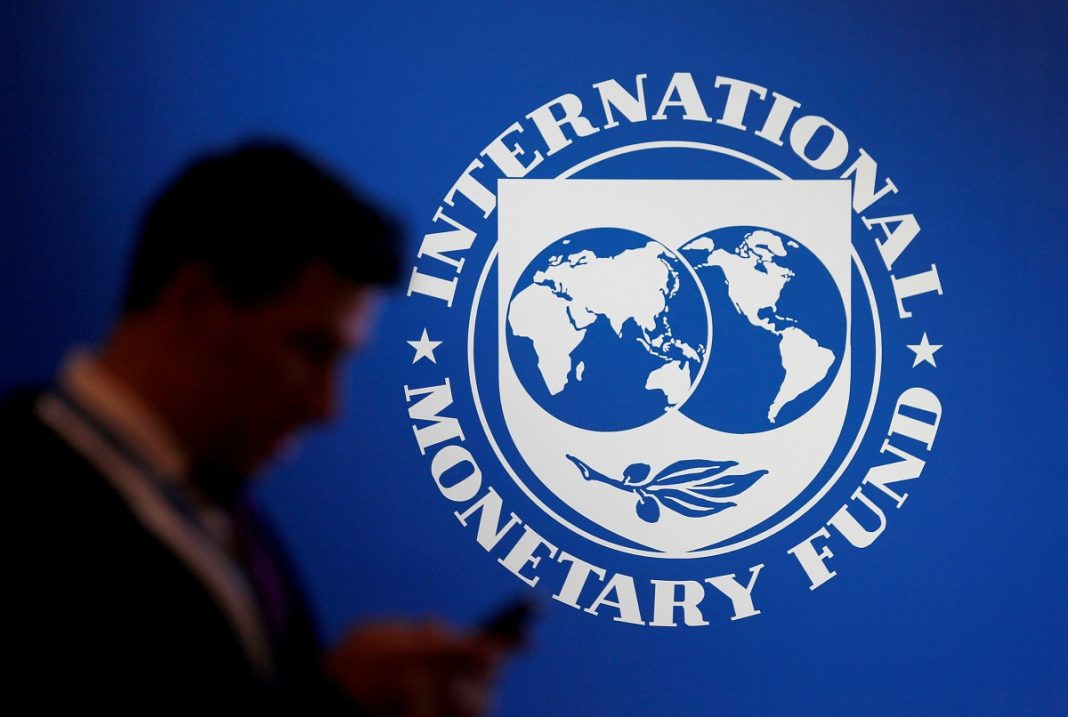In a speech at the World Governments Summit in Dubai, IMF Managing Director Kristalina Georgieva said the impact of the war was being felt in reduced tourism in Middle Eastern countries, as well as rising freight costs and declining shipping in the Red Sea.
Speaking about the conflict in Gaza, Georgieva warned of widening consequences.
“This exceptionally uncertain moment compounds the challenges of economies that are still recovering from previous shocks. And further widening of the conflict would aggravate the economic harm,” she stated.
Georgieva added, however, that she was confident about the overall economic outlook despite the uncertainties as the global economy has proved resilient so far.
In its latest regional economic update published last month, the IMF revised its GDP growth forecast for the Middle East and North Africa region downwards to 2.9% this year, due in part to short term oil production cuts.
Earlier, Georgieva had warned about the impact of the Red Sea disruption on the global economy if the situation escalates over Yemen’s attacks.
Current Houthi strikes on shipping are “not significant enough to impact the global economy, the risk is more spillover of violence and prolonging the conflict and then uncertainty is high,” Georgieva told CNN’s Richard Quest at the World Economic Forum in Davos.
“How would that impact the world? I worry it could be quite negative.”
Attacks by Yemeni fighters in the Red Sea effectively closed one of the world’s main trade routes to most container ships.
In solidarity with the Palestinians in besieged territory, the Yemeni armed forces have targeted ships in the Red Sea with owners linked to Israel or those going to and from ports in the occupied territories.
In response, the US has formed a military coalition against Yemeni forces in the Red Sea and endangered maritime navigation in the strategic waterway.
